
I love this job. Writing about food is fun, largely because to do it well, I must carry out ‘investigations and explorations’.** I’m currently working on an article about eating out in Nigerian restaurants so guess what I have to do? Uh huh, travel around sampling pepper-soup, grilled fish, jollof and every type of soup. I really love my job. That article may be a long time coming. I feel it needs a lot of ‘investigations and explorations’ to do it justice.
Today, it’s about booze.
There are a number of reasons why drinking alcohol is bad for you:
Excessive drinking can cause:
- Pancreatitis
- Liver cirrhosis
- Brain damage
- Depression (cycle, alcohol causes depression, which makes you drink)
- Obesity (Second largest cause of preventable death in Europa and USA)
- Certain cancers
Having said all that, alcohol is still a fact of life, it is the acceptable lubricant for social intercourse, (get your mind out of that gutter, I said, “social”!) It is recognised in many cultures as an accessory to celebration and almost every regional cuisine has its own versions. Many doctors, nurses, dietitians and even nutritionists drink.
The words, “It has long been recognized that the problems with alcohol relate not to the use of a bad thing, but to the abuse of a good thing” are attributed to Abraham Lincoln. I’m prone to agree with him.
Studies carried out in Western societies suggest that light and moderate consumption of alcohol may reduce the risk of premature death.
Some benefits of LIGHT to MODERATE drinking:
- Decreased risk of dementia in older people.
- Reduced tendency to gain weight with age.
- Increased HDL (good) cholesterol in the bloodstream.
- Lowered blood pressure, a major risk factor for heart disease.
- Reduced concentration of fibrinogen in the blood.
- Cut the risk of diabetes another major risk factor of heart disease.
- Reduces risk of strokes in highly stressed individuals.
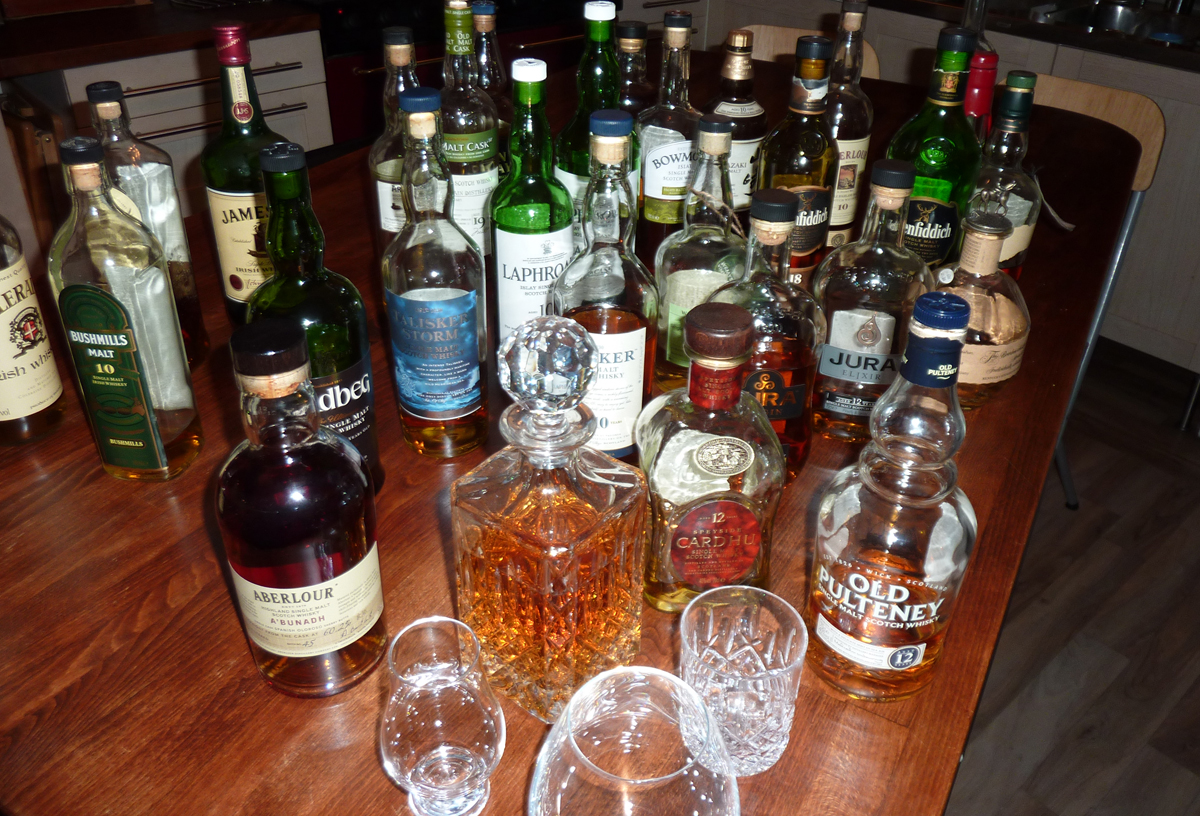 Working on the possibility that you, the reader may be planning to drink at some point, I will provide some pointers to help make better choices when drinking.
Working on the possibility that you, the reader may be planning to drink at some point, I will provide some pointers to help make better choices when drinking.
As a nutritionist, my focus is health, but there’s more to this particular subject matter. Drinking can affect one’s life in other ways. Just like with your health, light to moderate drinking with a touch of good sense regarding activities like driving or operating machinery should not cause any issues. Excessive drinking can ruin more than your health.
Drinking is often connected with weight gain and there are a couple of straightforward reasons for this. Firstly, drinking as a pastime often replaces a healthier pastime that involves exercise. Secondly, alcoholic drinks are sources of (usually surplus to requirements) calories. Thirdly, drinking can lead to extra eating, often with poor food choices.
This is a ranking of drinks by calorie load per usual drink size, from high to low.
| Drink | size | calories | Carbs |
| beer (large Nigerian) | 600ml | 290 | 22 |
| beer (premium bottle) | 330ml | 160 | 12 |
| beer (pint) | 568ml | 274 | 20 |
| red wine | 175 ml | 119 | 4.4 |
| white wine | 175 ml | 116 | 2.8 |
| champagne | 120 ml | 89 | 1.6 |
| spirits | 35ml | 77 | 0 |
In real terms, what does this mean? One very simple way of looking at it would be to say that a single whiskey, brandy or rum is a much better drink than a single beer of any sort from a weight gain/loss perspective, but then, how often does one have just one drink?
Another way of looking at it would be that if you drink 3 large bottles of Nigerian beer, you have taken on more calories than if you drank 7 large glasses of wine (1.6 bottles) or half a bottle of whiskey/brandy/rum.
The lower down the list it is, the less fattening it is.
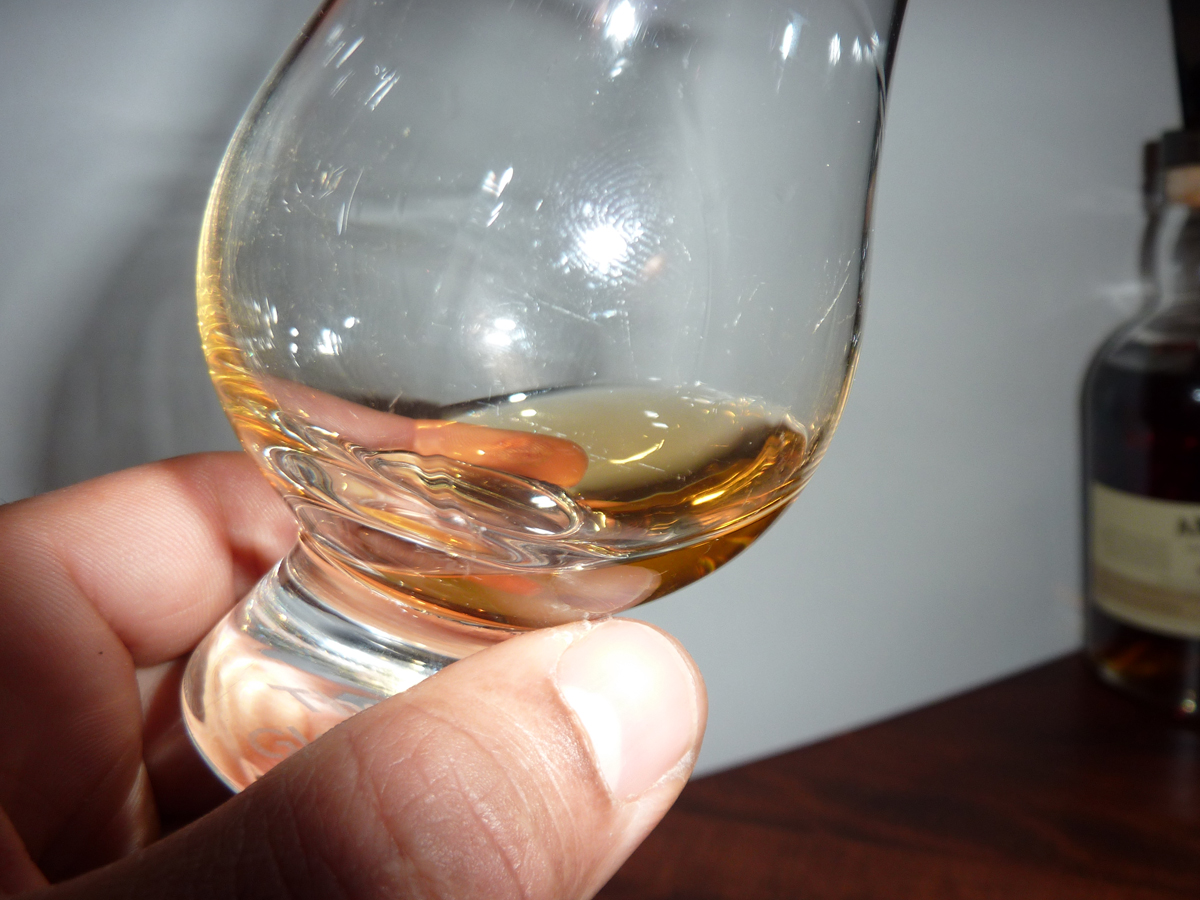
A little goes a long way with a full-flavoured whiskey
You may have noticed that I am prejudiced against certain spirits and specifically mention whiskey, brandy and rum. There’s a reason for this. These are the ‘sipping’ spirits that can be enjoyed neat. Adding mixers introduces large amounts of sugar and ‘brandy and coke’ belongs way up at the top of the list, as do most cocktails. (traditional style martinis are not too bad) Obviously, if you like to sip tequila, gin or vodka neat, then it can be treated like the other spirits.
Alcoholic beverages are much more complex than blends of ethanol and water. There are many other compounds in the mix. This is why the way they affect us isn’t always proportionate to their alcohol contents and also why some drinks give some individuals worse hangovers than others. As this is an individual thing, (although I have noted some apparently hereditary trends) I can only recommend paying attention and avoiding the drinks that leave you with major regrets.
This article is not intended as a drunkard’s mandate, it is rather, a guide to safer enjoyment of alcoholic beverages.
 Major Abs’ Takeaway
Major Abs’ Takeaway
It’s not really my way to moralise, I prefer to educate and leave each adult to their own informed choices, but please bear with me, here’s the takeaway.
In search of a ‘healthy’ way to drink alcohol, we should consider the WHY?
Why do we drink? This is a good question to ask yourself. As a lifestyle coach, my view is quite simple. If your answer to this is anything other than, “I enjoy it” you need to seriously consider giving up. Drinking for social reasons or to ‘fit in’ is the sort of mistake young adults are counselled to avoid. Drinking to get drunk and forget life’s difficulties is equally unwise as the difficulties will be waiting when sobriety returns.
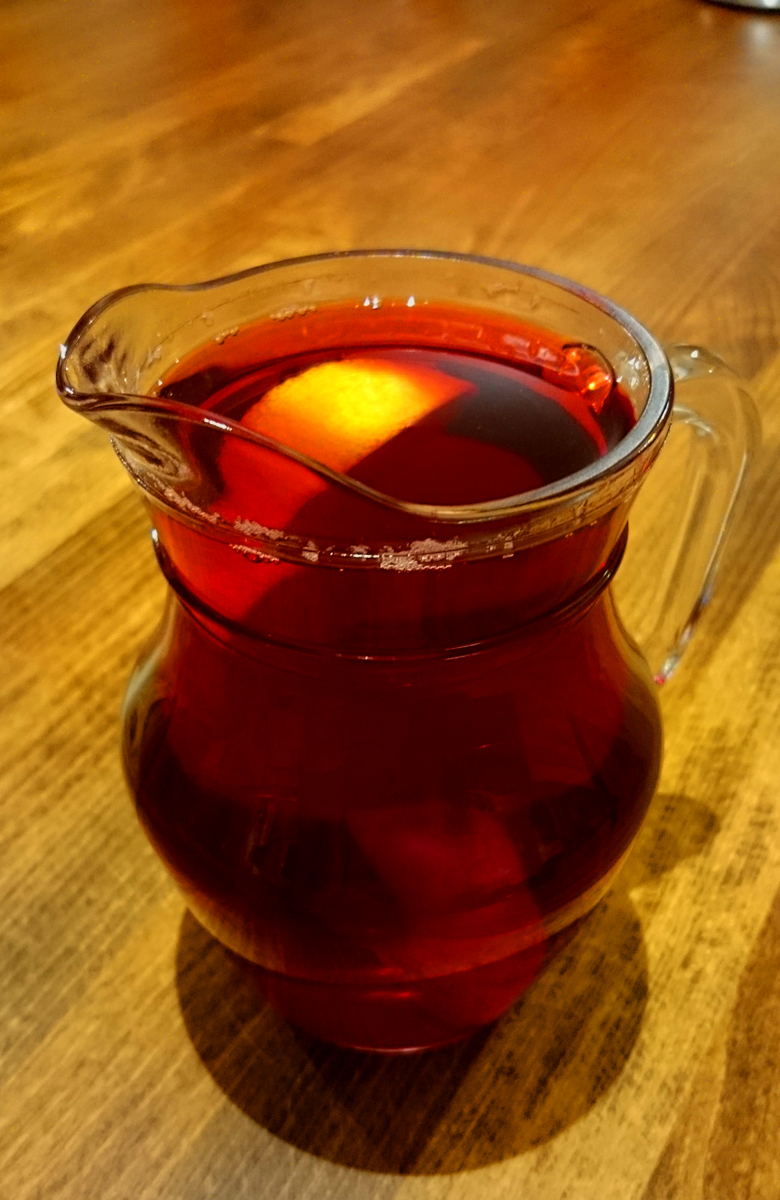
Alcohol is optional
You particularly need to question yourself if you’re one of those people who makes a face like somebody drinking bitter medicine every time you sip your drink or if you mix a sweet drink with the alcohol to make it palatable. If you claim to love Hennessy but you mix it with coke, you are practicing self-deception. You either love coke or you love being drunk, you definitely do not love fine brandy.
Only ever drink for pleasure. If it’s not pleasurable, don’t drink.
If you drink, be smart about it. Never forget, alcohol is optional.
** It isn’t all ‘investigations and explorations’ I didn’t just sit down with my whiskey collection (yes, that was mine) and dream this up. In addition to earlier education, I waded through a lot of research material like:
alcohol, diabetes & weight, (Post –Menopausal)
alcohol, hypertension & other death
Feel free to reach out with specific questions.

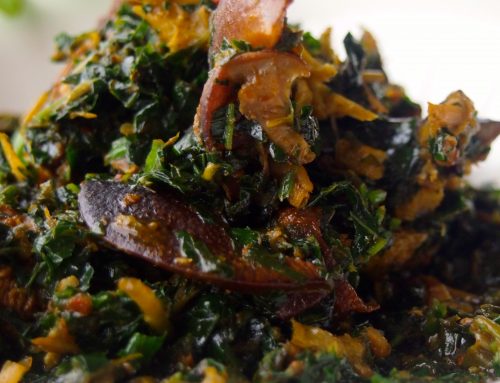
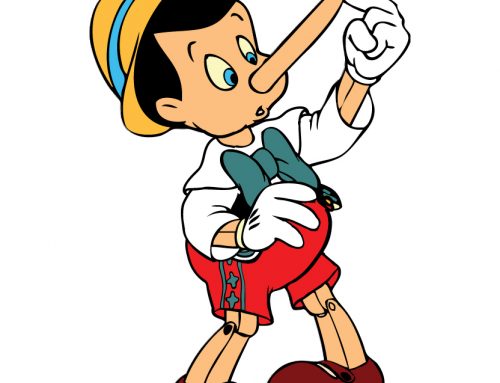
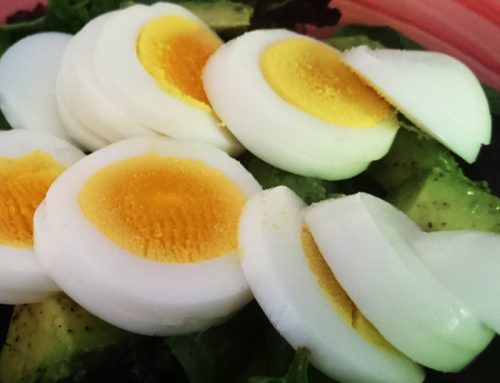
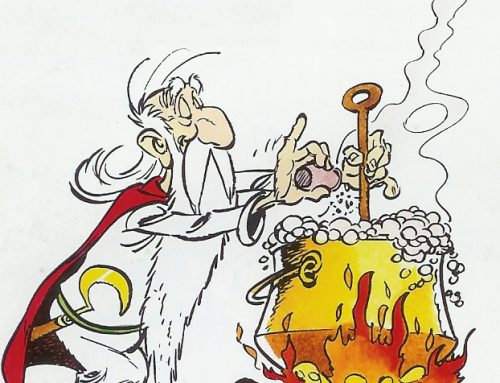
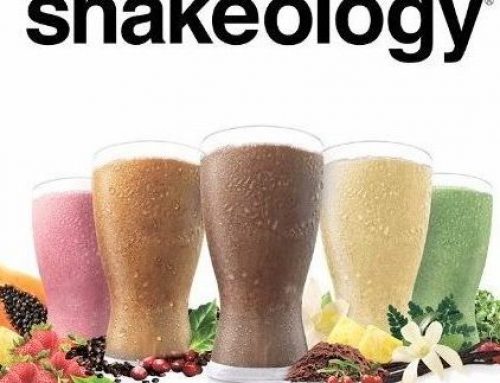
[…] If you are drinking alcohol, choose wisely, READ THIS […]